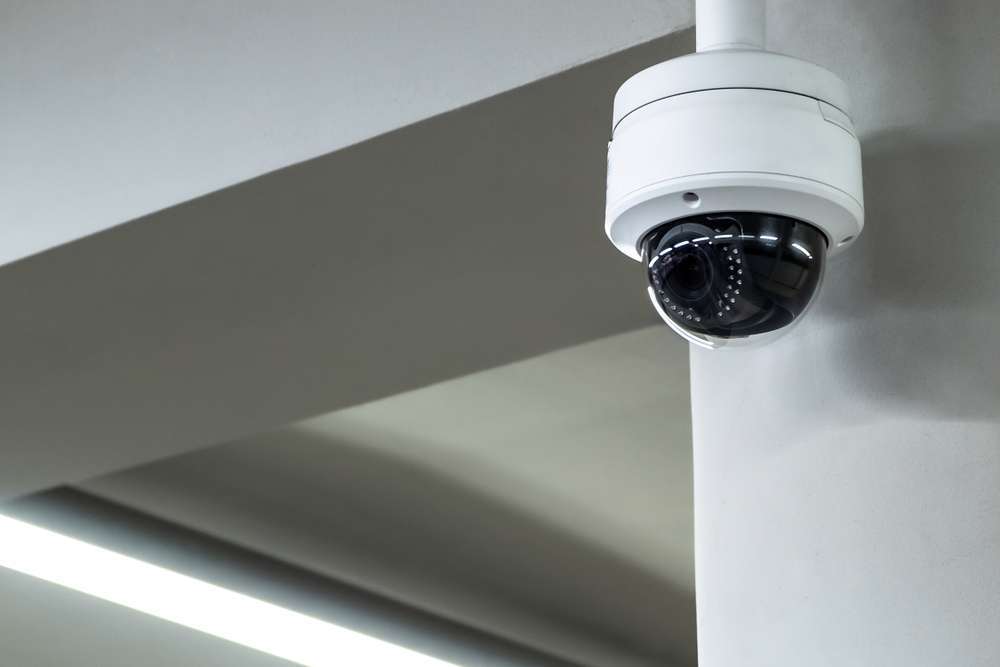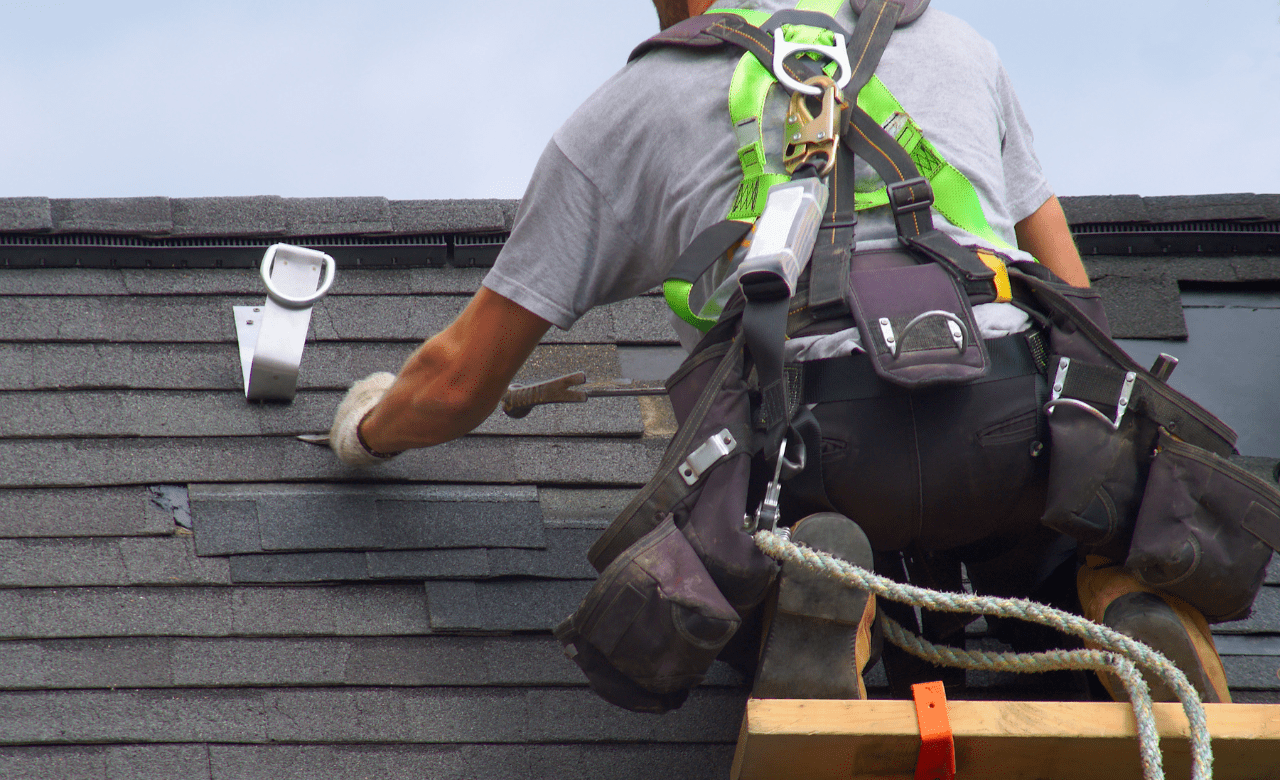The safety and security of business facilities have become a top priority for many business owners in today’s environment of fast change. The prevalence of theft and crime has prompted the implementation of a number of security measures, one of which is the installation of security cameras. But whether installing security cameras is legally obligatory for businesses is an important subject in this context.
This article delves into the legalities surrounding this issue, examining the extent to which companies are mandated by law to implement such security measures.
Legal Requirements for Security Cameras in Businesses
The legal requirement for installing security cameras in business premises largely depends on the jurisdiction and specific industry regulations. In most cases, no blanket laws require all businesses to install security cameras. However, particular industries, especially those more vulnerable to security breaches, such as banking, retail, and hospitality, may have specific regulations or guidelines mandating surveillance systems.
For example, financial institutions are often required by regulatory bodies to have comprehensive surveillance systems to monitor all activities within and around their premises. Similarly, retail businesses may be encouraged to install security cameras as a part of loss prevention strategies.
In this case, the legal requirement is more about compliance with industry standards rather than a universal legal mandate.
Privacy Concerns and Legal Compliance
While discussing the installation of security cameras, it is crucial to address the privacy concerns that come along with it. The legality of using surveillance cameras is not just about their installation but also about how they are used and the data they collect.
Most countries have strict privacy laws that regulate the use of surveillance cameras, particularly in places where individuals expect a high degree of privacy, such as restrooms or changing rooms.
Businesses must ensure that their use of security cameras complies with privacy laws and regulations. This includes posting visible notices informing people they are under surveillance, limiting camera installation to public areas, and ensuring that the collected footage is used solely for security purposes and is protected against unauthorized access.
Benefits and Drawbacks of Installing Security Cameras
Installing security cameras comes with its own set of benefits and drawbacks that businesses need to consider. On the one hand, security cameras act as a strong deterrent against criminal activities. They provide valuable evidence in the event of a crime, help monitor employee productivity, and enhance overall safety for employees and customers.
On the other hand, installing security cameras can be costly, especially for small businesses. Maintaining these systems and ensuring they comply with legal and ethical standards is also challenging.
Furthermore, the presence of cameras can sometimes create a sense of distrust among employees, who may feel that their privacy is being invaded.
Case Study: Security Camera Installation in Ottawa
In the context of Ottawa, the capital city of Canada, businesses often consider the installation of security cameras as a crucial step towards enhancing security. A case in point is the “security camera installation ottawa” service, which has seen a rise in demand, particularly from businesses seeking to fortify their premises.
This surge in interest highlights the growing awareness among business owners about the importance of security measures in today’s society.
Conclusion
In summary, although there isn’t a one-size-fits-all legal mandate for companies to set up security cameras, the choice is shaped by a combination of industry norms, regional regulations, and individual business requirements. It’s a fine line to tread between bolstering security and upholding privacy rights; businesses, including Spotter Security Company, must approach this area with caution.
As technological advancements shape the future of corporate security, it’s increasingly important for businesses to remain up-to-date with the legalities and recommended practices surrounding the installation and operation of security cameras.










